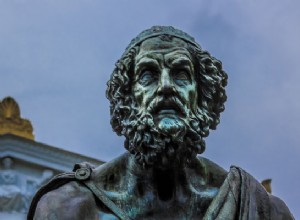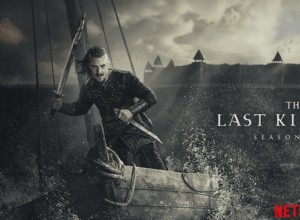It was the Romans who laid the foundation for modern law. The rights that are basically taken for granted in modern times, such as freedom of expression, private property system, freedom of economic activity, and freedom of belief, are the legal culture of the Romans, and based on that, Britain an




